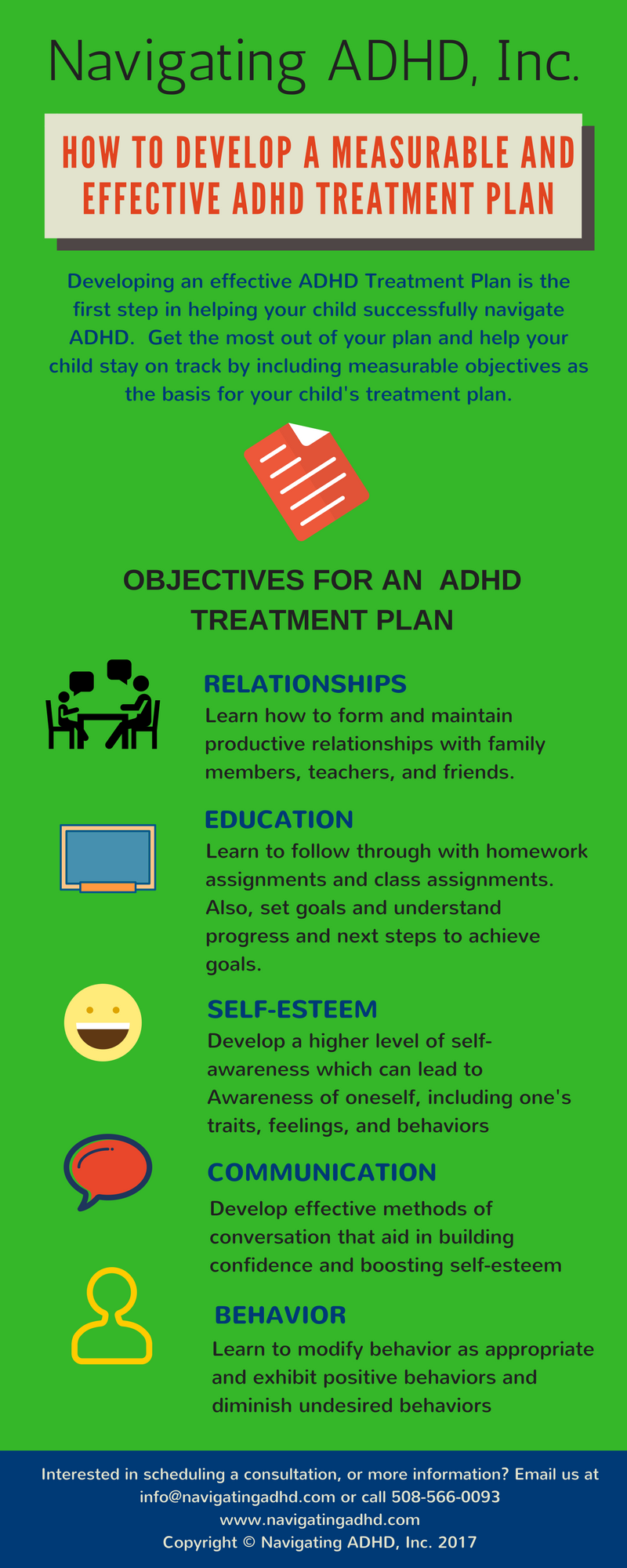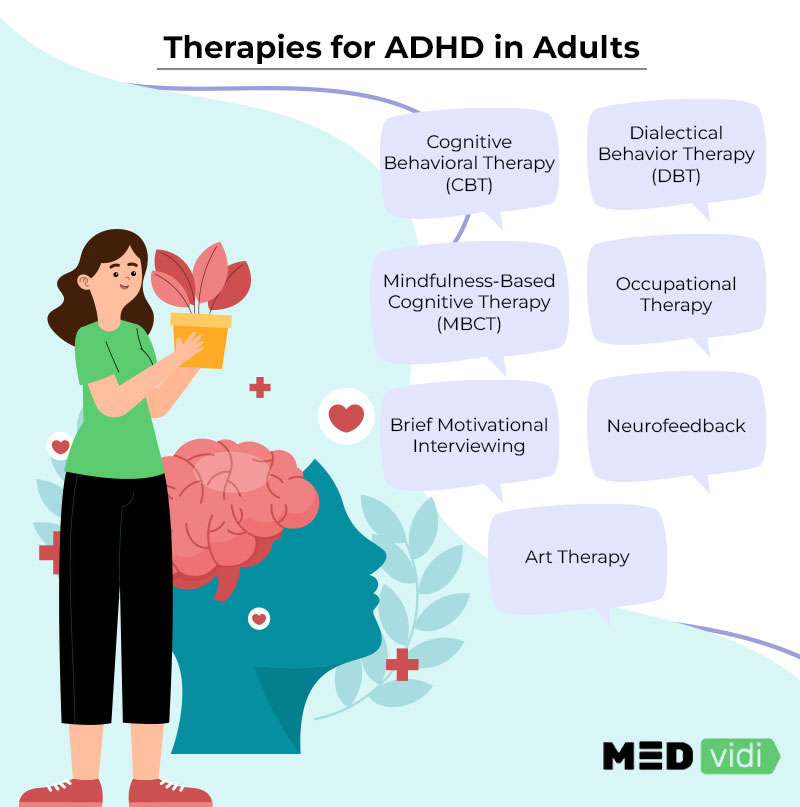Behavioral Health Services Specialized for Your Needs
Your Overview to Finding the Right ADHD Therapy for Long-term Results
Navigating the complexities of ADHD therapy requires a nuanced understanding of both the disorder and the myriad options offered for effective administration. It is essential to acknowledge that what works for one individual might not necessarily yield the same outcomes for one more.
Understanding ADHD and Its Impact

In adults, ADHD can cause challenges in work environment atmospheres, influencing productivity, time administration, and interpersonal partnerships. Commonly, undiagnosed or incorrectly managed ADHD can contribute to co-occurring psychological wellness issues, such as anxiety and anxiety, further complicating a person's general wellness.
The societal perception of ADHD can vary, causing stigma and misunderstanding, which might impede individuals from looking for help. As awareness grows, it is necessary to cultivate an environment that promotes understanding and support for those influenced by ADHD, emphasizing the requirement for precise medical diagnosis and customized techniques to alleviate its influence on day-to-day life.
Review of Therapy Alternatives
A thorough approach to treating ADHD incorporates a variety of choices customized to the person's distinct demands. These options can extensively be classified into behavioral treatments, psychoeducation, and way of life adjustments, alongside medicinal treatments that may be explored later.
Behavioral interventions, such as cognitive-behavioral treatment (CBT), emphasis on customizing particular habits and establishing coping techniques to manage symptoms efficiently. Psychoeducation plays a vital role in empowering both individuals and their families by offering info concerning ADHD, its obstacles, and efficient strategies for assistance.
Way of life alterations can significantly impact ADHD administration. Routine physical activity, a well balanced diet, and adequate sleep add to overall well-being and sign control. Mindfulness methods and relaxation methods can likewise improve focus and reduce impulsivity.
Assistance teams and household treatment can promote a sense of community and understanding, helping people feel much less isolated in their experiences. Each treatment option should be considered together with the individual's preferences and situations, guaranteeing an alternative method that promotes lasting success. Ultimately, the objective is to develop a tailored therapy plan that deals with the particular challenges linked with ADHD while boosting total lifestyle.
Medicine: Pros and Cons
Drug plays an essential duty in the therapy of ADHD, with countless alternatives readily available that can considerably minimize signs for lots of people. Stimulants, such as methylphenidate and amphetamines, are typically recommended and have shown effectiveness in enhancing emphasis, minimizing impulsivity, and enhancing general actions. These medications work by increasing dopamine and norepinephrine levels in the mind, which are usually dysregulated in those with ADHD.
Nevertheless, making use of medication is not without its obstacles. Some individuals might experience side impacts, consisting of sleeplessness, decreased hunger, or increased anxiety. Discovering the right dosage can be an Get More Information experimental process, needing close surveillance by healthcare experts. In addition, not all clients react to energizer medications, leading some to check out non-stimulant choices, which may have a delayed start of activity or different adverse effects.
It is essential for individuals and their households to evaluate these pros and disadvantages carefully. Balancing the benefits of symptom management against potential adverse effects is vital for attaining optimum therapy end results. Cooperation with doctor can help with educated decisions, guaranteeing that medicine becomes part of an extensive ADHD monitoring strategy.
Behavior Treatment Techniques

One frequently utilized approach is Cognitive Behavior Therapy (CBT), which aids people identify and change adverse idea patterns that add to ADHD-related obstacles. Therapist for ADHD. Via CBT, customers learn to set reasonable goals, handle time successfully, and develop organizational systems
One more efficient method is Parent Management Training (PMT), which educates parents on just how to reinforce positive behaviors and reduce adverse ones via consistent discipline and communication strategies. This approach fosters an encouraging home setting that urges behavior enhancements.
Social skills training is additionally essential, helping individuals with ADHD browse social communications better. Role-playing and modeling appropriate actions can boost social you can look here capability and minimize stress and anxiety in social situations.
Lifestyle Adjustments for Better Monitoring
Exactly how can lifestyle modifications considerably enhance the monitoring of ADHD symptoms? Applying tactical way of living modifications can cause significant renovations in focus, organization, and psychological guideline for people with ADHD.
To start with, establishing an organized day-to-day regimen helps in developing predictability, which can reduce feelings of bewilder. Constant timetables for meals, research study, and rest can boost daily functioning.
Integrating regular physical task is also vital, as exercise has actually been revealed to increase dopamine degrees, boosting focus and motivation (Therapist for ADHD). Aiming for at least 30 minutes of modest Click This Link workout most days can be helpful
Nutrition plays an essential function as well. A well balanced diet regimen abundant in omega-3 fatty acids, whole grains, and protein can support cognitive function. Limiting processed sugars and caffeine may reduce symptoms, as these can result in energy accidents and irritation.
Final Thought
In conclusion, locating the ideal ADHD treatment necessitates a complex technique that considers specific requirements and preferences. Cooperation with health care professionals and open interaction with support networks are important parts in navigating the complexities of ADHD monitoring, eventually leading to lasting outcomes and enhanced quality of life.